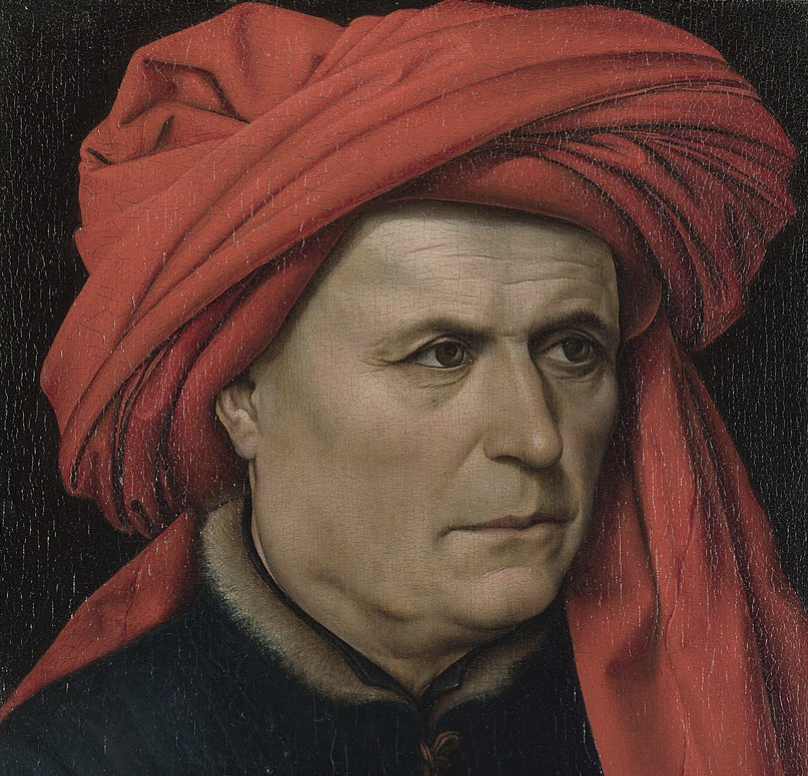- cross-posted to:
- literature@beehaw.org
- books@lemmy.world
- cross-posted to:
- literature@beehaw.org
- books@lemmy.world
Archived version: https://archive.ph/eK1Rx
The two-up, two-down terraced house on a cobbled Hebden Bridge street does not look like the headquarters of a multi award-winning publishing house.
There is no gleaming edifice, no sign and certainly no reception desk. The green front door leads straight into Kevin Duffy’s living room, the nerve centre of Bluemoose books, his independent literary hit factory.
It is at a cluttered table in the corner that Duffy has built a business with a success rate that billion-pound publishers regard with envy.
Each year, Bluemoose puts out no more than 10 titles, but a remarkable number end up in contention for major literary prizes.
Each author is handpicked by Duffy, 62, a self-confessed “control freak” from Stockport, Greater Manchester, who spent years as a salesperson for big publishers before remortgaging his house to start Bluemoose in 2006.
“We don’t publish a lot, but what we publish will stay with you for the rest of your life,” he promised.
It was Duffy who published Benjamin Myers’ The Gallows Pole, which has been made into a BBC series that was given five stars by the Guardian’s Lucy Mangan.
In March, Bluemoose won best northern publisher at the Small Press of the Year awards. In April, a Bluemoose title – I Am Not Your Eve, the debut novel by Devika Ponnambalam, which tells the story of Paul Gauguin’s child bride and muse, Teha’amana – was shortlisted for the £25,000 Walter Scott prize for historical fiction, which Myers won in 2018.
Bluemoose’s current bestselling author is Rónán Hession, a former musician who balances his writing career with being the assistant general secretary of the department of social protection in the Irish government.
Hession’s 2019 debut Leonard and Hungry Paul, a funny and tender story about kindness, has sold more than 125,000 copies worldwide. A bestseller in Germany, it has also attracted fans in Hollywood – Duffy recalls receiving an email from someone claiming to be Julia Roberts’s agent while having dinner in the Old Gate, a Hebden Bridge pub.
“I deleted it, I thought someone was taking the piss. Then her PR person got in touch saying she wanted to get in touch with Rónán because she loved the book. I was spitting potatoes across the room. How wonderful is that? She just wanted to say thank you,” he said. Hession will not be drawn on whether Roberts is buying the film rights.
Another Bluemoose success story with a day job is Stuart Hennigan, a librarian from Leeds. Ghost Signs, an eyewitness account of the impact of the early days of the pandemic on those living in poverty, made the shortlist of the Parliamentary Book awards.
Duffy shares an anarchic streak with Hennigan, finding it hilarious when he turned up to the Tory-packed ceremony in a T-shirt that said: “Still hate Thatcher”.
Major publishers have too many shareholders and overheads to take gambles, said Duffy.
“They’re not going to take risks on working-class and diverse writers because they need to get their money back … when you’ve got a 40m-high steel and glass edifice on the Embankment, there are costs to be taken care of.”
Take Penguin Random House, he said, part of Bertelsmann, the world’s biggest publisher. “It’s a €30bn organisation. Every year, their CEO says that they’ve got to grow by 10%. That’s €3bn, every year.”
In contrast, Duffy remains Bluemoose’s only employee, drawing a “tiny” salary, working with five freelance editors, including his lawyer wife, Hetha.
He is happy that way. “I don’t want to be the next Penguin. I don’t want to be a huge business. I just want to publish eight to 10 books a year, make a bit of a profit and invest it all back into the business to find new writers,” Duffy said.
Running Bluemoose is a seven-day-a-week vocation. On an average day, Duffy receives 10-20 unsolicited pitches, usually the first three chapters of a new book, all of which, he insists, he reads. Perhaps four in a month will grab his attention enough for him to ask for the full manuscript.
Duffy insists that there remains a “class ceiling” in the publishing of literary fiction. LGBTQ+ writers are being given deals, as well as people of colour, he says, but working-class writers are not being heard.
“It’s been a problem in publishing for 40 years and it’s getting worse,” he said.
“The people making those publishing decisions, because of their educational background and their life background, are not reading books about people in the rest of the country.
“You know, 93% of the people in this country don’t go to private school. There’s a reading public out there that wants books about themselves and the areas they live in.”
Myers, he notes, originally signed with Picador, which would not publish Pig Iron, his third novel about a Travelling community in the north-east.
“Because, they said, ‘who would be interested in a working-class character from a small northern town?’ That small northern town was Durham, theological capital of Europe for 2,500 years.
“Pig Iron went on to win the inaugural Gordon Burn prize. Ben’s next book, Beastings, won the £10,000 Portico prize. Then The Gallows Pole won the world’s leading prize for historical fiction. Then all the agents were interested,” he said.
Myers then signed to Bloomsbury, but Duffy insists that there are no sour grapes, not least because Myers insisted that Bloomsbury keep the Bluemoose titles in print as part of his deal. “We still go out for a brew and a slice of cake,” said Duffy. “We wish him well.”
I love reading about these tiny publishers and indie labels, where the focus gets put back on the artists’s work rather than being hyper-focussed on profits. Super admirable 🙌
this is their website: https://bluemoosebooks.com/books
This is the best summary I could come up with:
The green front door leads straight into Kevin Duffy’s living room, the nerve centre of Bluemoose books, his independent literary hit factory.
Each author is handpicked by Duffy, 62, a self-confessed “control freak” from Stockport, Greater Manchester, who spent years as a salesperson for big publishers before remortgaging his house to start Bluemoose in 2006.
In April, a Bluemoose title – I Am Not Your Eve, the debut novel by Devika Ponnambalam, which tells the story of Paul Gauguin’s child bride and muse, Teha’amana – was shortlisted for the £25,000 Walter Scott prize for historical fiction, which Myers won in 2018.
Bluemoose’s current bestselling author is Rónán Hession, a former musician who balances his writing career with being the assistant general secretary of the department of social protection in the Irish government.
A bestseller in Germany, it has also attracted fans in Hollywood – Duffy recalls receiving an email from someone claiming to be Julia Roberts’s agent while having dinner in the Old Gate, a Hebden Bridge pub.
In contrast, Duffy remains Bluemoose’s only employee, drawing a “tiny” salary, working with five freelance editors, including his lawyer wife, Hetha.
I’m a bot and I’m open source!
You tried m8.
That was a nice read. Publishing sorely needs more of this.
I really hate the hit-or-miss strategy of many publishers of the last three decades. Publish ten books fast and hope one takes off and makes up for the others. It’s not fair to the talent that gets smothered by all the crap that surrounds it, it fosters a kind of clickbaity-approach to writing, and then there’s the massive amounts of wasted paper…
@Vrijgezelopkamers @soyagi "Red, White & Royal Blue" by Casey McQuiston is a romantic novel. Find out how two friends were forced to fake a friendship for political reasons, but their feelings deepened into a secret romance that challenges their lives and the world’s perception. https://bit.ly/445UfVI







